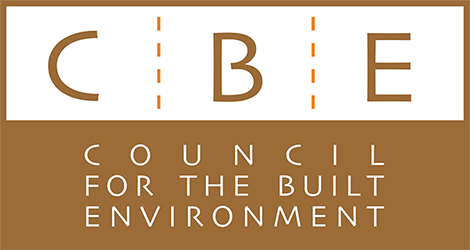21st Century Mayors Must Act Locally and Globally
South African cities and towns, like their global counterparts, face the super-sized challenges of unemployment, poverty, inequality, and it is the 21st century mayors that must lead the charge. They all face historic imbalances that need attention, increasing constraints on existing resources due to new arrivals and a growing population. This is at a time of a depressed global economy.
Local government sits at the forefront of these challenges. Under the Constitution, local government must provide democratic and accountable government for local communities to promote social and economic development. It is a key role player in the country’s developmental process.
But the challenges need not be a reason for despair and doubt. Canadian journalist Doug Saunders provides a critically needed progressive and optimistic narrative about the future of cities. His story is rooted not in statistics but in some of the stories of the two billion people – a third of humanity – currently moving from rural to urban areas.
He also maps the world in terms of “arrival cities”, the places where new migrants end up, pointing out that these migrants are not passive victims. They are opportunists, taking a gamble on the future in an urbanising world. They are humanity at its best, not worst. It is with this positive, albeit realistic, understanding that they approach the challenges of unemployment, poverty, inequality. They need to create jobs, especially for young people. They must keep up with a growing population and ever-changing labour market dynamics.
It is worth noting that most of the residents in South African cities and towns spend more than half of their income on transportation to and from work, and approximately 60 percent of those families are low-income earners who live in informal settlements or on the periphery of our urban core.
Read More:
